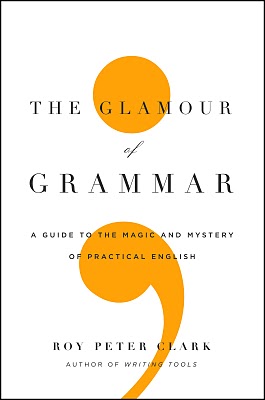CFP: Cultures in virtual worlds
Note: This call for papers was submitted to a few mailing lists. It might be of interest to some of you:
Cultures in Virtual Worlds
A special issue of the New Review of Hypermedia and Multimedia
Guest-edited by Jeremy Hunsinger and Adrienne Massanari
Virtual worlds (VW) embody cultures, their artefacts, and their praxes; these new and old spaces of imagination and transformation allow humans to interact in spatial dimensions. Within these spaces, culture manifests with the creation, representation, and circulation of meaningful experiences. But virtual worlds are not novel in that regard, nor should we make the mistake to assume that they are novel in themselves. Virtual experiences have been around in some respect for hundreds of years, and virtual worlds based in information technology have existed for at least 40 years. The current generation of virtual worlds, with roots over four decades old in studies of virtual reality, computer supported cooperative work (CSCW), sociology, cultural studies, and related topics, provide for rich and occasionally immersive environments where people become enculturated within the world sometimes as richly as the rest of their everyday lives.
We seek research that encounters and investigates cultures in virtual worlds in its plurality and in its richness. To that end, we invite papers covering the breadth of the topic of cultures in and of virtual worlds.


